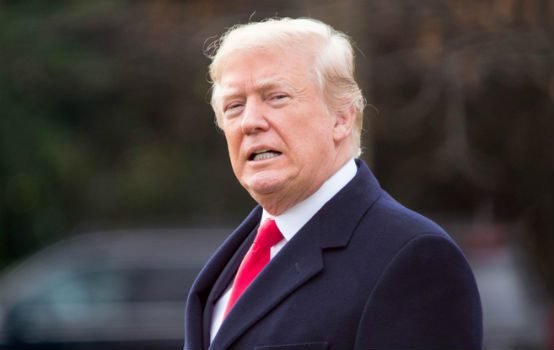Public Opinion and the Pandemic

A new NPR/PBS NewsHour/Marist survey of American public opinion on the coronavirus included some remarkable results. For instance, the poll found that fewer Republicans see the virus as a threat than they did a month ago:
Trump initially underplayed the threat of the novel coronavirus, and that appears to have affected how seriously some Americans, particularly Republicans, are taking the threat of the highly contagious virus.
Just 40% of Republicans now say it is a real threat, down from 72% in February. A majority of Republicans (54%) said they think it has been blown out of proportion, more than double what it was in February (23%).
There has also been a concerted effort across a lot of conservative media to minimize the danger from the outbreak. Along with the president’s misinformation, it seems that this deluge of propaganda has had a significant effect in making their audience oblivious to the reality of what has been happening. It is startling that there are any Americans who take the threat from the outbreak less seriously now than they did a few weeks ago, but there are evidently a lot of them. In February, 66% of all respondents said that the virus was a real threat, and now just 56% say the same. Some Americans are becoming more complacent as the danger is increasing. The partisan gap on these questions ought to be vanishing as reality sinks in, but instead it is increasing. Independents are now also more likely to say that the threat is overstated:
But it’s not just Republicans. Half of independents see it as a real threat, down from two-thirds in February [bold mine-DL]. Democrats, on the other hand, have gone the opposite direction — 70% in February said it was a real threat, and now it’s 76%.
Last month, it might have still been understandable to make the mistake of underestimating the severity of the situation. Because the government was flying blind, the public was also very much in the dark about the extent of the outbreak, so it would have been easier to dismiss the problem. Over the last several weeks, the virus has spread all over the country, and as we all know many state and local governments and private institutions have been taking ever more drastic measures in response. It would require deliberately ignoring these developments or accepting a completely false narrative about them to conclude that the threat has been overblown at this point. It doesn’t bode well for long-term public cooperation with the extensive restrictions we will have to live with when almost two in five Americans still don’t think the threat is all that serious.
Overall, the poll finds that there is less confidence in the federal government’s response than there was in February, and a majority of Americans has little or no trust in what the president says about the outbreak:
Just 46% of Americans now say the federal government is doing enough to prevent the spread of the coronavirus, down from 61% in February.
Just 37% of Americans now say they had a good amount or a great deal of trust in what they’re hearing from the president, while 60% say they had not very much or no trust at all in what he’s saying.
The president may be starting to take the outbreak more seriously, but the damage to public confidence and trust has already been done. We have to hope that the entire public begins taking the threat very seriously, because without that the loss of life will be even greater.
Comments